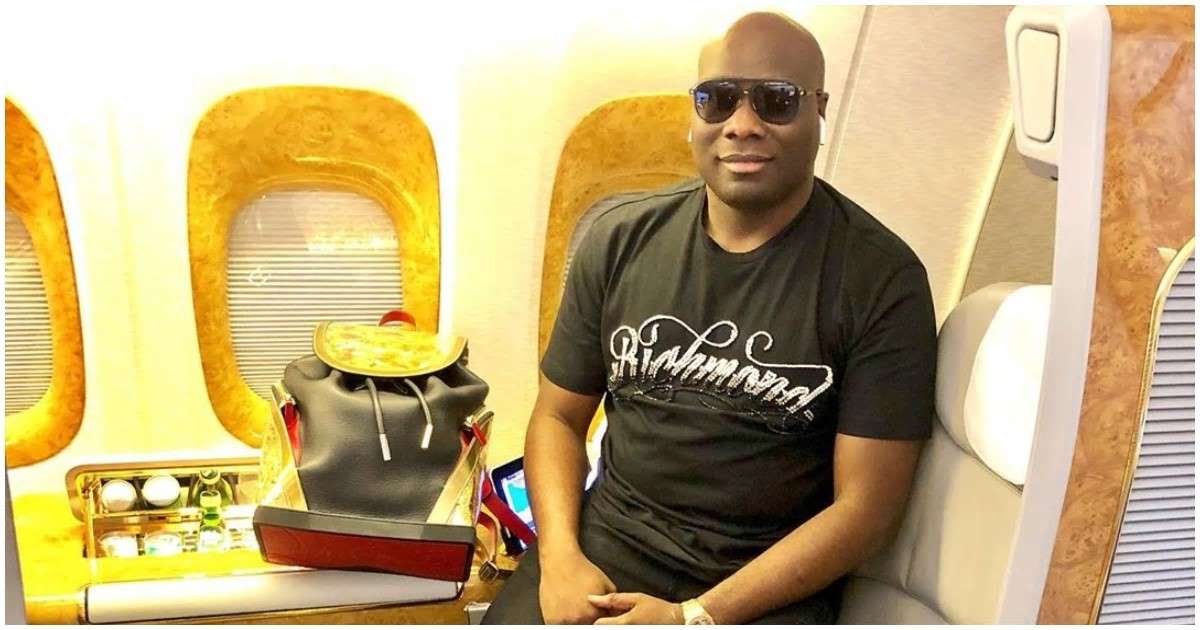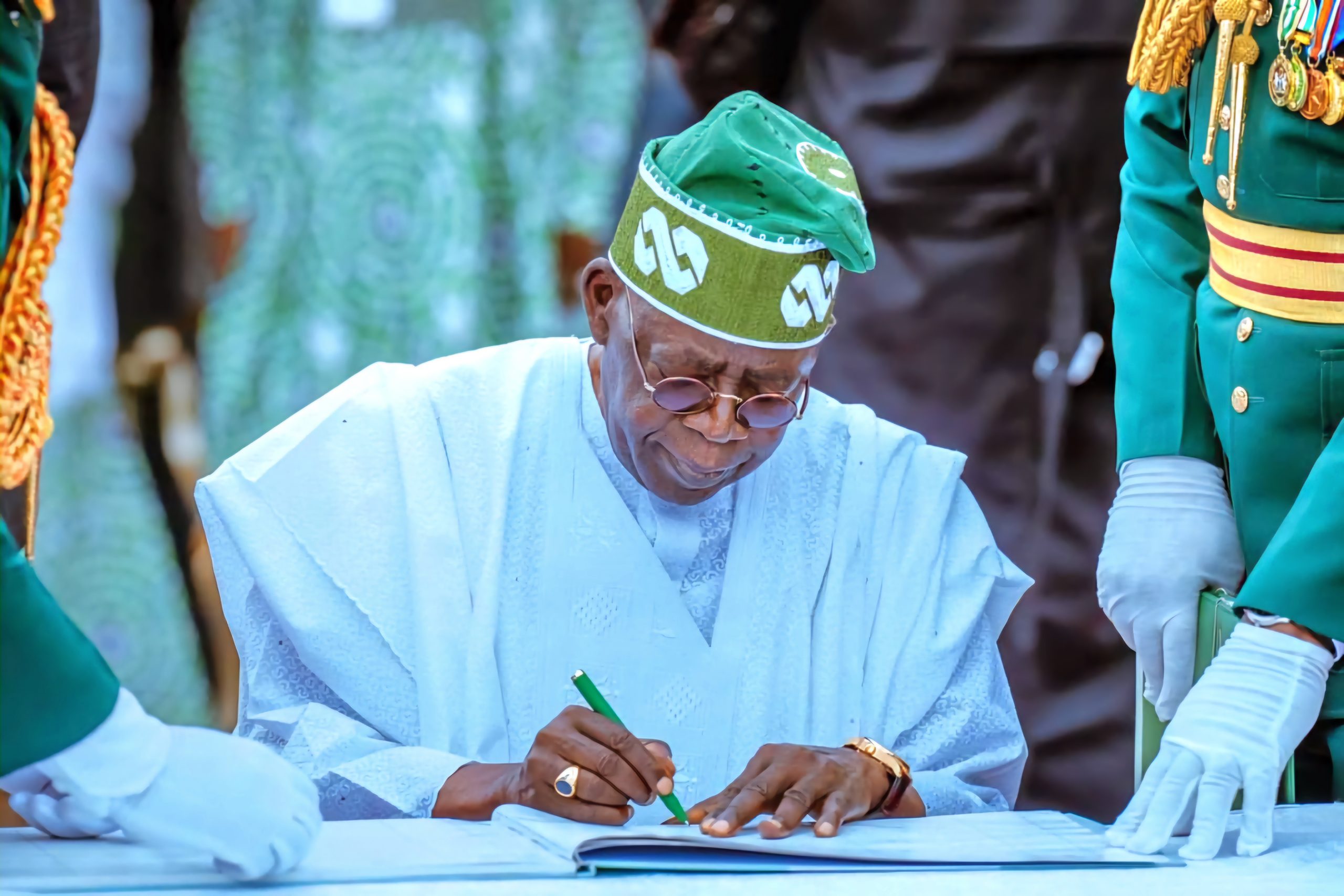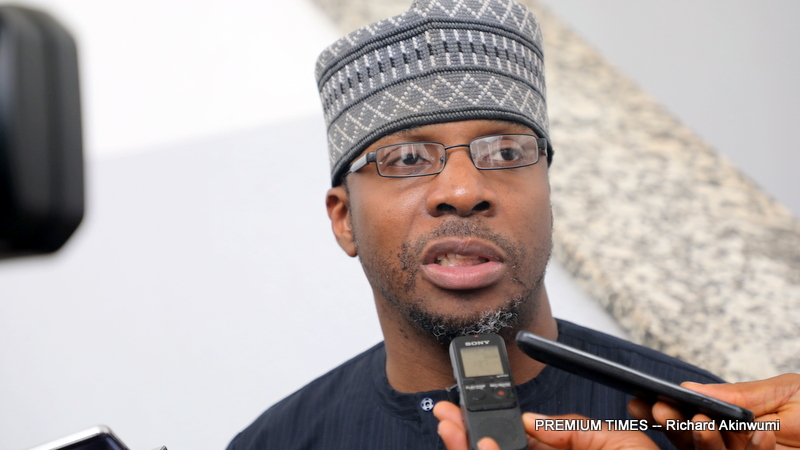
Mompha loses no-case submission in alleged ₦6b money laundering suit
Justice Mojisola Dada of the Lagos State Special Offences Court sitting in Ikeja has dismissed the no-case submission filed by social media celebrity, Ismaila Mustapha, popularly known as Mompha, in his ongoing ₦6 billion money laundering trial.
In her ruling, Justice Dada held that the Economic and Financial Crimes Commission (EFCC) had successfully established a prima facie case against Mompha and his company, Ismalob Global Investment Limited. She therefore ordered the defendants to open their defence.
The judge dismissed the defence counsel’s argument that the prosecution failed to link the defendants to the alleged offences.
It would be recalled that the EFCC had, on January 12, 2022, arraigned Mompha alongside his company on an eight-count charge bordering on conspiracy to launder funds obtained through unlawful activities, retention of proceeds of criminal conduct, failure to disclose assets, and possession of documents containing false pretences, among others.
One of the counts reads: “Ismaila Mustapha, Ahmadu Mohammed (at large), and Ismalob Global Investment Limited, sometime in 2016, in Lagos, within the jurisdiction of this Honourable Court, conspired amongst yourselves to conduct financial transactions to the tune of ₦5,998,884,653.18, with the intent of promoting the carrying on of specified unlawful activities, to wit: obtaining by false pretence.”
Mompha and his company pleaded not guilty to all the charges, and the prosecution, led by EFCC counsel Suleiman Suleiman, called five witnesses before closing its case.
The defence counsel, Kolawole Salami, subsequently filed a no-case submission, arguing that the EFCC had failed to prove any element of the alleged offences.
In dismissing the application, Justice Dada ruled that the evidence presented by the prosecution established sufficient grounds for the defendants to enter their defence.
The case was adjourned to January 27 and 28, 2026, for the commencement of the defence.
Recently, the Chairman of the Economic and Financial Crimes Commission (EFCC), Ola Olukoyede, decried what he described as the “judicial gamesmanship” frustrating the commission’s work, citing incessant adjournments, conflicting court orders, and a pervasive over-dependence on technicalities which, he argued, have been strategically exploited by high-profile defendants to frustrate trials.
President Bola Tinubu has also expressed concern over frivolous appeals, the abuse of injunctions, and the deliberate intimidation of judicial officers as mechanisms by which justice is not only delayed but also undermined.
A lawyer, Omale Ajonye, said despite clear provisions in the EFCC Act and the ACJA aimed at ensuring speedy trials, corruption cases have continued to suffer prolonged delays.
“In my view, this gap between law and practice stems not from a deficiency in legislation, but from systemic and institutional weaknesses.”
He attributed it to court congestion, an entrenched culture of frivolous adjournments, and the misuse of interlocutory appeals, which have become common tactics used by “smart” lawyers to frustrate trials.
Tags:
No tags
Related Posts
Loading...



